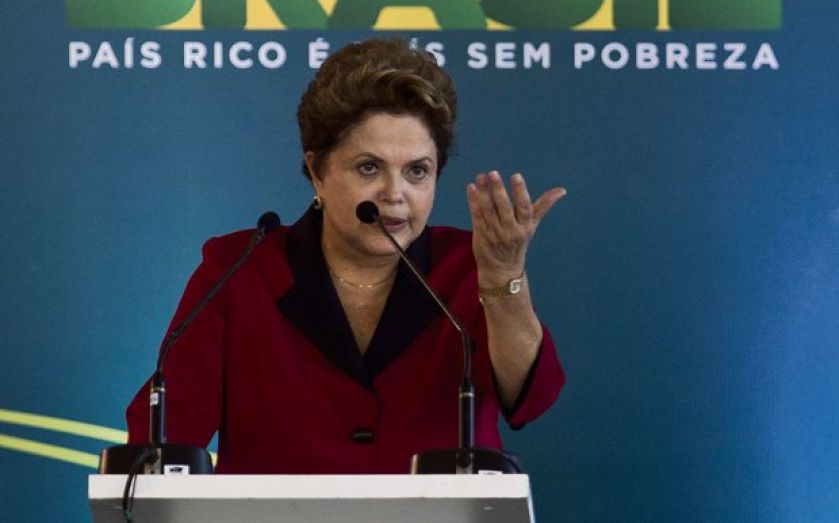| Updated:
Latin America investing: Politics counts – Investment Comment

This year has proven that, when it comes to emerging markets, politics matters. The recent wave of elections in India, Colombia, and Indonesia, alongside the 2012 vote in Mexico and the upcoming Brazilian general elections, have been (and will be) crucial for countries that need serious structural reform to lay the foundations for sustainable long-term growth.
And while the environment is still very heterogeneous, we favour markets demonstrating sound and balanced economic indicators such as a current account surplus, ongoing reform, strong growth prospects, as well as diligent monetary policies. Looking at Latin America, Mexico and Colombia appear “best in class”. In contrast, Brazil continues to struggle to face its challenges.
MEXICO
Mexico has already started to benefit from the structural reforms it has been implementing under President Enrique Pena Nieto. Altogether, the labour, fiscal and energy sector reforms will increase the country’s potential growth rate. And it also matters that Mexico is leading the pace regionally, making it more appealing for long-term investors compared to its neighbours. The cornerstone of the process, Mexico’s ongoing energy reforms, including the liberalisation of the state-controlled oil sector, should attract considerable foreign direct investment. And as a result, the economy is already on the upward curve of the economic cycle.
Apart from the significant political impulse behind this shift, other positive factors are helping Mexico: a low reliance on commodities exports, unlike the country’s emerging market peers, should be positive for its current account balance (the manufacturing industry accounts for 25 per cent of GDP). Also, given a historically strong correlation with US growth, any sign of improvement in the US economy will be beneficial for export-driven companies in Mexico – for example, in the automobile sector.
This improving macroeconomic environment translates into equity opportunities in sectors like finance, consumer and property, with a bias towards highly cash-generative businesses with strong balance sheets and visible compounding growth.
We are nonetheless still awaiting developments in the opening up of Mexico’s oil sector in the second half of 2014, but continue to appreciate the country’s combination of an under-geared economy alongside political reform. Our emerging market funds’ largest country weighting in Latin America is Mexico.
COLOMBIA
The wisdom of implementing structural reform is also shared by the political leadership in Colombia. Indeed, Latin America’s fourth-largest economy (which was recently upgraded by Moody’s) has been assisted over the past year by improved political stability, thanks to the peace negotiations with Farc, and a sound economic backdrop, supported by higher public investment and a gradual expansion in private consumption.
This favourable environment will continue after the recent re-election of President Juan Manuel Santos. The continuation of a determination to implement key structural reforms is highly positive for the country’s economic outlook, and unsurprisingly the economy is expected to grow at its true potential rate.
Political continuity should also allow for a follow-through on a planned $54bn in infrastructure investment over the next five years, representing 14 per cent of Colombian GDP. This programme aims to address a collapse in infrastructure investment since 2008, as well as to improve the overall quality of transport. This effort will support more sustained economic development, and is to be carried out via public-private partnerships, which should be profitable for the domestic cement market (including Cementex Latam and Cementos Argos).
BRAZIL
If the above countries have taken the right steps to steepen their forward curves, others like Brazil still have challenging hurdles to overcome first. The upcoming Brazilian election is of utmost importance. Though it seemed a foregone conclusion only a few months ago, recent polls show that President Dilma Rousseff’s re-election is far from assured. Brazilian assets would, in our view, react positively to a change in leadership tasked with reversing the country’s poor economic trajectory. The flagrant lack of infrastructure investment is weighing on growth prospects. Any sustained effort to curb this shortage will be welcomed and perceived as a long-term growth catalyst.